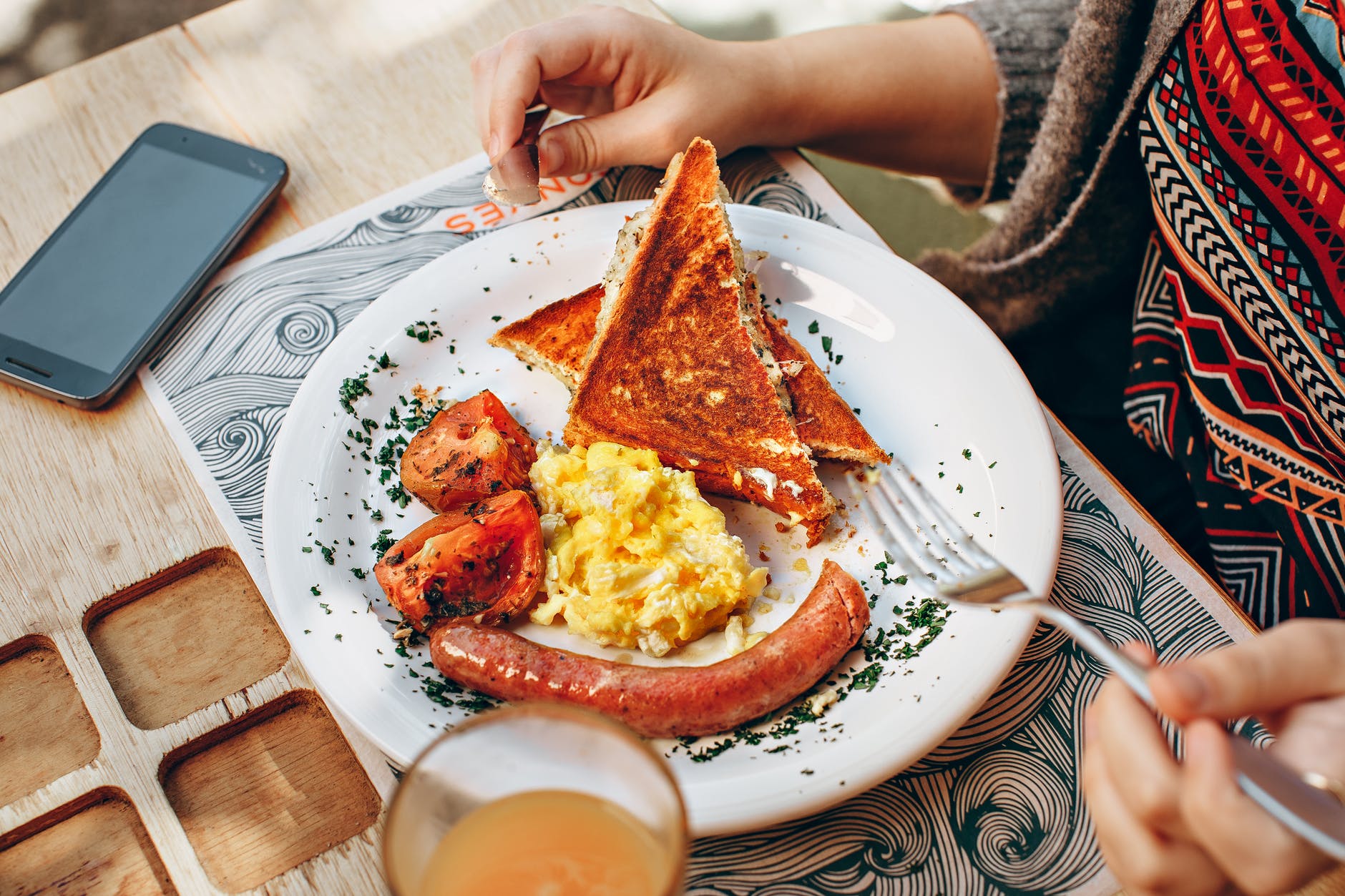
Social media can influence the eating habits of users, according to a study published in the journal Appetite.
This study titled "Do perceived norms of social media users’ eating habits and preferences predict our own food consumption and BMI?" examined around 400 research subjects to identify the food items that their online peers were eating.
The evaluation is based on their peers’ social media posts and impressions about peers’ health. These observations were cross-referenced with the research subjects’ eating habits.
The study's results show that people ate more fruits and vegetables when they saw their peers consuming them and ate more junk food if they believed their peers were also eating junk food.
“This study suggests we may be influenced by our social peers more than we realize when choosing certain foods. We seem to be subconsciously accounting for how others behave when making our own food choices,” Lily Hawkins, co-author and a doctoral candidate in health psychology at Aston University, in the U.K., said in a statement.
Researchers point out that people ate one-fifth more portions of fruits and vegetables than their regular meal when they came across their peers eat healthy foods. Meanwshile, one-third ate more portions of junk when their friends ate junk.
The study emphasizes the importance of positive health messaging and behaviors online. Researchers explain that promoting junk food is more likely to lead to the consumption of it, and this could harm one's health.
“So if we believe our friends are eating plenty of fruit and veg we’re more likely to eat fruit and veg ourselves. On the other hand, if we feel they’re happy to consume lots of snacks and sugary drinks, it can give us a ‘license to overeat’ foods that are bad for our health," Hawkins said.






